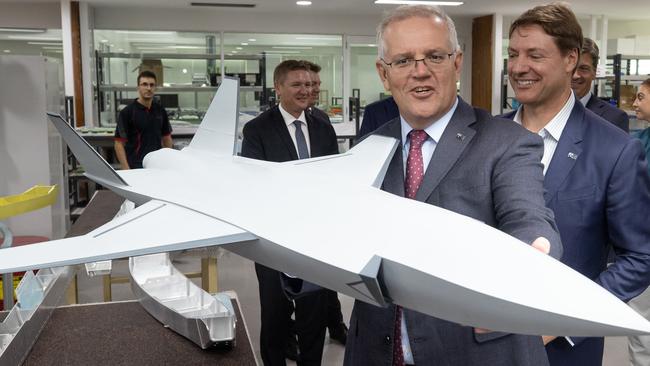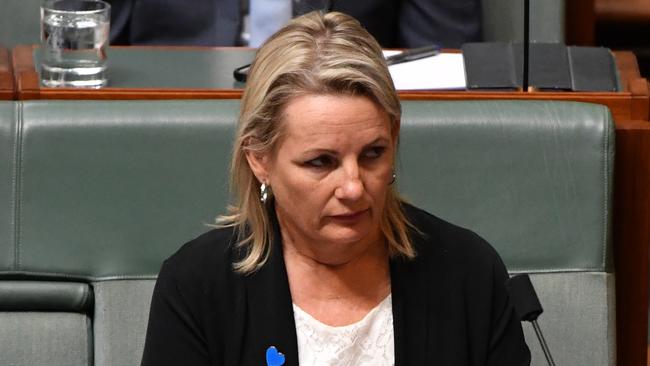Major projects stalled as Labor blocks $1.3bn in grants during ‘value for money’ review
Australian companies awarded grants under the $1.3bn modern manufacturing initiative have had their funding blocked by the Albanese government, putting the brakes on major projects.

Australian companies awarded grants under the $1.3bn modern manufacturing initiative have had their funding blocked by the Albanese government, putting the brakes on major projects with no clear timelines on when Labor will lift its freeze.
Funding arrangements authorised by the Coalition in the lead-up to the May 21 election are on hold until Labor completes its “value for money” review of manufacturing grants handed to firms across the defence, space, medical, food and heavy manufacturing sectors.
Senior industry sources warned that key projects designed to modernise the nation’s industrial base and respond to supply chain pressures have been stalled after the Department of Industry informed grant recipients that funding pledges were under review.
The Australian last week revealed that Labor’s budget razor gang had widened its search for savings outside of discretionary funds and consultants fees, with reviews looking into other Morrison government programs offering manufacturing, skills and clean energy grants.
The savings push ahead of the October 25 budget has created uncertainty among some grant recipients, who had not finalised contracts with the Coalition government.

A spokesman for Industry Minister Ed Husic said he was “working closely with the department on the consideration of grants announced by the previous government in the lead-up to the last election as a matter of priority”.
“The minister is evaluating the assessment and decision-making processes surrounding manufacturing grants to ensure that they will deliver value for money for Australian taxpayers,” the spokesman said.
“The government has announced the $15bn National Reconstruction Fund, as the first step in its plan to rebuild Australia’s industrial base, build prosperity, boost regional economic development and create secure well-paid jobs.
“As part of the development of the NRF, the government is in the process of evaluating all existing grants programs.”
While the government has committed to honouring existing contracts, opposition industry and skills spokeswoman Sussan Ley said many grant recipients were “in the dark” on whether their funding will be approved.
In the lead-up to the March budget and federal election, then-prime minister Scott Morrison and former industry minister Angus Taylor announced dozens of modern manufacturing initiative grants worth hundreds of millions of dollars.
Other major Coalition announcements made before the election included an additional $2.4bn from July 1 to upskill apprentices via wage subsidies and an extra $3.7bn to support 800,000 training places.
Ms Ley said “alarm bells are ringing across Australia’s manufacturing and skills sectors as Labor’s razor gang looks to gut their funding”.
The Deputy Opposition Leader said the modern manufacturing fund was aimed at boosting sovereign capability “on everything from defence, to vaccination, to food security and construction”.
“Every day Labor refuses to confirm funding certainty for these nationally significant projects is a day Australia falls behind the rest of the world,” she said.

Legacy grants programs inherited from the Morrison government are likely to be either rebadged, scrapped or repurposed by Labor, as Prime Minister Anthony Albanese moves to align his key election promises under new departments and agency heads.
Labor will put forward its Jobs and Skills Australia legislation when parliament returns on Tuesday to establish a new statutory body overseeing the government’s response to the national skills crisis. The body will provide independent advice on current, emerging and future workforce, skills and training needs.
The Prime Minister’s jobs and skills summit in early September will include a focus on the National Reconstruction Fund, which Mr Husic last week said would “drive co-investments in projects that address vulnerabilities in critical supply chain”.







To join the conversation, please log in. Don't have an account? Register
Join the conversation, you are commenting as Logout